
Consultancy
An experienced team of industry experts who can help you fast track your molecules through discovery, preclinical and early clinical development
Consultancy services
Scientific Update provides a wide range of consultancy services, both business and scientific, to the pharmaceutical and fine chemical industries.
The team has substantial breadth and depth of experience and knowledge in the field of organic process research and development in pharmaceuticals, fine chemicals and related fields including preclinical scale-up and manufacturing, solid form, process safety and strategic sourcing of intermediates and raw materials. Our consultants are scientific advisory board members for a number of companies and have acted as expert witness in patent litigation. Some of the service we offer include:
- Organic chemical process research and development
- Scale up and manufacturing of fine chemicals, intermediates and API’s
- Optimisation of organic chemistry
- Polymorphism, crystallisation and salt form selection
Scientific Update consultancy also offers project management services for emerging pharmaceutical companies and advice relating to the strategic management of drug development programmes. Some of the service we offer include:
- Identifying external resources, vendors and partners
- Interfacing with CRO/CMO’s
- Due diligence and monitoring progress
- Project plans and objectives
- Efficiency and costing evaluations
- cGMP advice and regulatory compliance
- Preparing CMC sections of regulatory submission documents (IND, NDA)
Rapid acceleration of molecules through early preclinical development and into clinical trials is essential for the success of many small companies. Our consultants have worked with pharma start-ups, virtual pharma and generics company’s and have taken products all the way to successful launch with virtual companies.
Our consultants are experts in chemical synthesis and can advise and/or troubleshoot stage appropriate route design and optimization- including DoE and statistical methods, scalability, safety and cost/efficiency.
Implementation of cutting-edge technology or new chemical methodology can be difficult. Our consultants can work with you, drawing on their experience and industry associations, to facilitate this process.
Many of our consultants offer training courses- both scheduled and in-house. Combining training and consultancy is an efficient and cost-effective way to facilitate problem solving and creativity- what better way to learn than discussing current and relevant real-life issues and empowering people to innovate?
Contact John Studley, Scientific Director ([email protected]) to discuss your requirements and arrange a free initial phone evaluation.
For further information and to find out more about how Scientific Update consulting services, training or conferences could benefit your company, please call +44 (0)1435 873062 or e-mail the team using their links above.
Meet the team
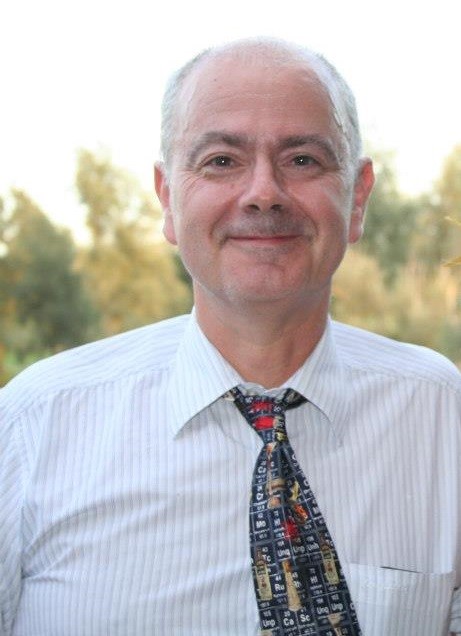
- Chemical route design and selection.
- Biocatalysis/Industrial biotechnology (IB)– training, scale-up, regulatory issues, understanding the supply base.
- Economic cost benefit analysis of hybrid chemical-IB routes
- Process understanding and troubleshooting
- Green chemistry and sustainable chemical manufacturing
- Green chemistry tools and training
- Solvent selection & use
- Setting up and managing research consortia, grant funding, especially Innovate UK and EU Innovative Medicines Initiative funding.
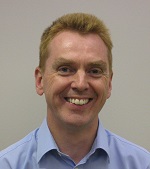
Expertise
- Over 25 years’ experience working as a scientist and leader in chemical development and manufacture of clinical and commercial drug substance
- Expertise in the Discovery interface, Preclinical and Phase1/Phase II development, supporting the progression of new candidate drugs from discovery into development
- Drug substance project strategy development and integration with drug product, safety and clinical planning
- Extensive experience of outsourcing drug substance development and manufacture
- Authoring and reviewing regulatory submissions from Phase I to marketing submissions
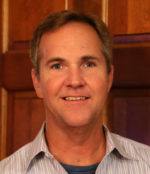
- Drug Discovery
- Medicinal and Synthetic Chemistry
- Biomarkers and Pharmacokinetic / Pharmacodynamic (PK/PD) Relationships
- Pain and Inflammation
- Mechanisms of Drug Metabolism
- Toxicology / Safety Risk Mitigation / Drug Induced Liver Injury
- Due Diligence
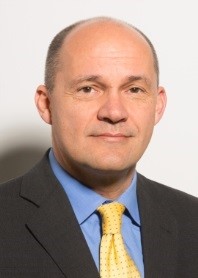
- Continuous Flow Chemistry
- Microreaction Technology
- Synthesis of Active Pharmaceutical Ingredients
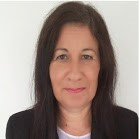
- Characterisation of orphan proteases, design of universal substrate libraries. Amour, A., Bird, M., Chaudry, L., Deadman, J., Hayes, D., Kay, C. (2004) ‘General considerations for proteolytic cascades’. Biochem. Trans., 15 (32), 15.
- Solid phase methodologies, linkers, single bead characterization. Williams, G. M., Carr, R. A. E., Congreve, M. S., Kay, C., McKeown, S. J., Murray, P. J.; Scicinski, J. J.; Watson, S. P. (2000) ‘Analysis of solid-phase reactions: Product identification and quantification by use of UV-chromophore-containing dual linker analytical constructs’. Angew. Chem., Int. Ed., 39, 18, 3293.
- Lead discovery, GPCR.
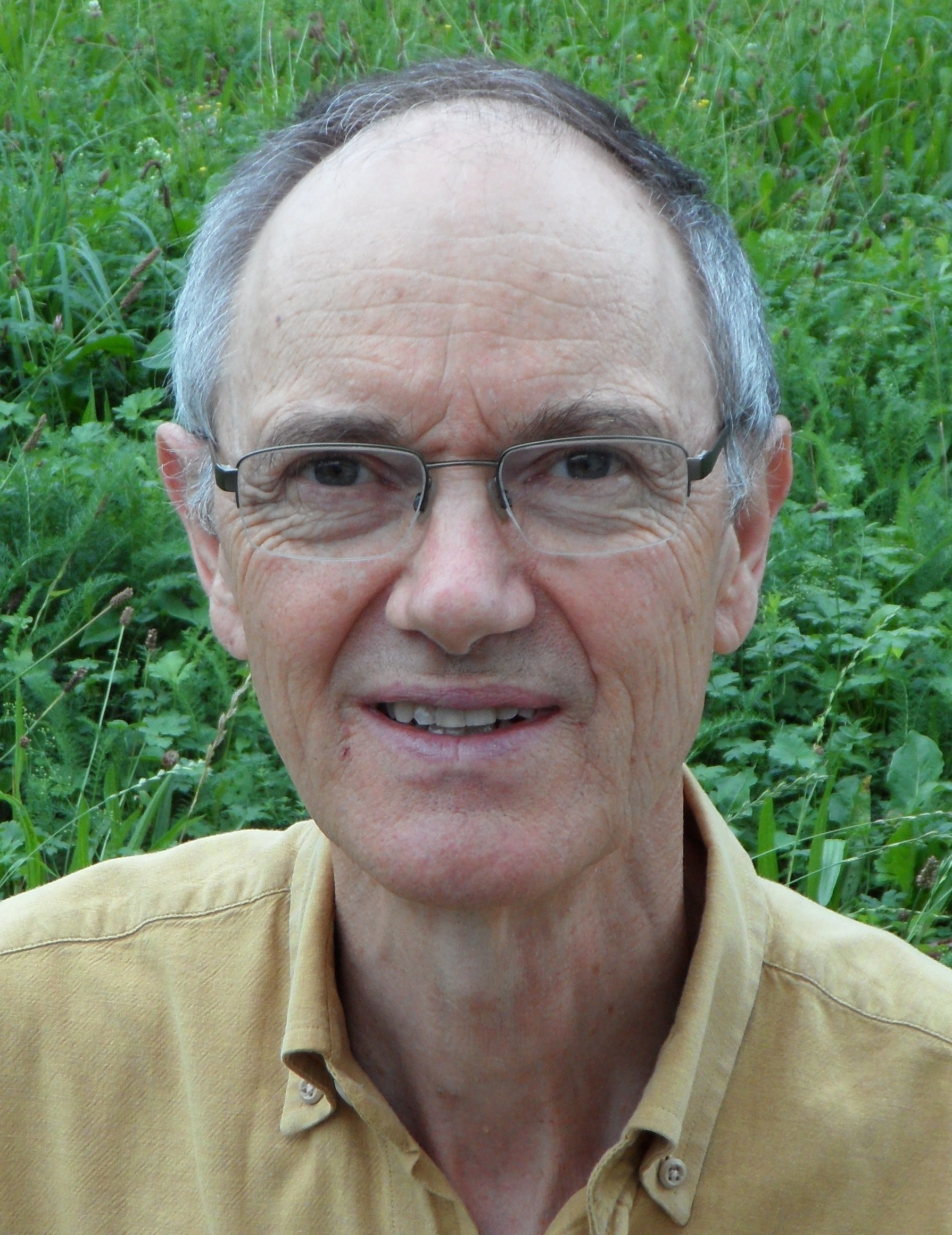
Felix Roessler (F.R.) studied chemistry at the University of Zürich (UZH), Switzerland. After obtaining his PhD at UZH, he moved to Cambridge (GB) to work on organosilicon chemistry with Ian Fleming. He started his industrial career with Roche in Basel in 1980, first with central research where his focus was heterogeneous catalysis for the production of pharmaceuticals and fine chemicals and where he invented and developed an in-house high throughput screening system, particularly for investigating chemical reactions under elevated pressure/temperature conditions on a small scale, 10 years ahead of the emergence of commercially available systems. Next step was process research and development within the Roche’s pharma division, supporting medicinal chemistry, development and production regarding heterogeneous catalytic reactions. In 2000 F.R. joined the vitamins division of Roche, where he initiated, developed and introduced highly economic and ecologic heterogeneous catalytic processes for the production of nutraceuticals. Along with the takeover of Roche vitamins by DSM in 2004, F.R. worked as catalysis expert for DSM where he supported catalysis for the nutraceutical, pharma and base chemical divisions.
F.R. was honoured twice with the Sandmeyer award in 1997 and 2008, granted by the Swiss Chemical Society. He is author of 18 publications, co-author of monographs and holds 4 patents.
Since his retirement in 2007, F.R. is active as independent consultant for all aspects of heterogeneous catalytic processes, from consulting regarding selection of the proper equipment, consulting regarding the selection of appropriate chemical systems and determination of basic reaction data, trouble-shooting along with production processes, analysis of production processes regarding potential for improvements, to consulting and coaching R&D-chemists in the development of highly economic processes and successful scale up directly from laboratory to plant.
F.R. also regularly holds public and company in house courses on heterogeneous catalytic hydrogenation under the auspices of scientificupdate LLP (www.scientificupdate.com).
Profile
Passionate heterogeneous catalysis expert with 40 years of experience (1980-2008 at Roche and DSM and since 2009 as independent consultant) in the application of heterogeneous catalysis for the production of fine chemicals, bulk chemicals, pharmaceuticals, vitamins, flavours & fragrances, agro chemicals, nutritional products, feed additives, dyes/pigments, cosmetic products, liquid crystals. Strong expertise in the development of selective, safe, scalable, highly economic and ecologic hydrogenation processes. Processes are developed using an integrated approach, based on expertise in organic chemistry, catalysis on surfaces, analysis of surfaces and chemical reaction engineering.
Scope of Consulting
Consulting covers all aspects of heterogeneous catalytic processes such as:
- Consulting regarding selection of the proper equipment for laboratory-, pilot- and plant scale operation
- Consulting regarding the selection of appropriate chemical systems (catalyst selection, solvent selection, catalyst modifiers)
- Consulting regarding evaluation of appropriate process conditions (temperature, pressure, substrate concentration, catalyst loading) and mode of operation (batch, semi-batch, continuous)
- Consulting regarding evaluation of basic reaction data (kinetics, thermodynamics, pathways, catalyst deactivation) needed for production on plant scale
- Consulting regarding scale up from laboratory to plant
- Trouble-shooting along with production processes
- Analysis of production processes regarding potential for improvements and cost reductions
- Consulting and coaching R&D-chemists in the development of highly economic processes and successful scale up directly from laboratory to plant
- Public and in house company courses on heterogeneous catalytic hydrogenation under the auspices of Scientific Update Ltd (scientificupdate.com).
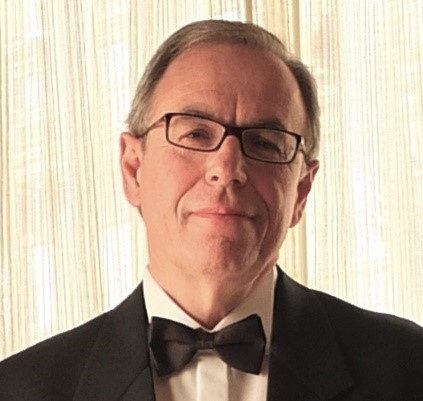
Vittorio Farina studied organic chemistry at the University of Pisa, where he received his BS/MS degree. He studied further at the University of Alberta in Edmonton (Canada), where he received a PhD under Prof. Derrick L. J. Clive. After a postdoctoral stay at Cornell University with Prof. John McMurry, in 1983 he accepted a position in the Chemical Development department at Bristol-Myers in Syracuse (New York, USA). In 1987, he moved to the anticancer research department of Bristol-Myers in Wallingford, Connecticut.
In 1993, he left Bristol-Myers Squibb, joined Boehringer Ingelheim in Ridgefield, Connecticut, where he led the process development department for over a decade. In 2006, he moved back to Europe, accepting a position of Senior Director in the Chemical Development group of Janssen Pharmaceutica in Beerse, Belgium. In 2019, after over three decades of activities developing chemical processes toward Active Pharmaceutical Ingredients, he founded Farinachem Consulting GmbH. The consulting company is based in the Frankfurt area (Germany).
Dr. Farina has authored ca. 120 peer-reviewed publications, several books and book chapters and is the inventor of over 20 patents. He is on the advisory board of Advanced Synthesis and Catalysis and Organic Reactions, as well as on the board of the Ischia Advanced School of Organic Chemistry and the International Symposium of Homogeneous Catalysis. He has also chaired several conferences and symposia, i.a., the 2012 Gordon Research Conference on Stereochemistry in Newport, Rhode Island.
Among his other activities, he is a co-founder of ISPROCHEM, an international school of process development being held yearly on the banks of Lake Garda in Gargnano, Italy. Dr. Farina’s activities involve consulting on process development issues and teaching.
John started his industrial career at Rhone-Poulenc (formerly RTZ chemicals) in Avonmouth- Bristol, working on fluorination technology, before gaining a chemistry degree and organic chemistry PhD at the University of Bath in 1995. He then did postdoctoral research at the University of Sheffield before joining the process chemistry group at Oxford Asymmetry working on route development and optimization, scale-up and custom synthesis.
In 1999 John joined Vertex Pharmaceuticals (Europe) in the discovery chemistry department, spending a number of years working in oncology and inflammation therapeutic areas. He then formed a scale-up group to support synthesis of pre-clinical candidate molecules and intermediates and in 2010 oversaw construction and commissioning of a new kilo lab facility. In 2012 John was appointed to head of process chemistry for Vertex (Europe), overseeing synthesis of compounds for preclinical toxicology assessment, designing safe, scalable synthetic routes and working with external vendors and global CRO’s to deliver key intermediates and develop new enabling technologies. He was also responsible for developing chemistry for cGMP synthesis of early phase clinical material.
John recently joined Scientific Update as Scientific Director. He is involved in running training events and advising on scientific content for the conference programme. He also supports the consultancy arm of the business and has a keen interest in scientific writing and communication.
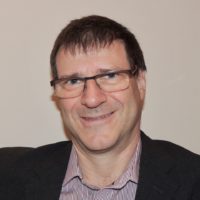
- Support for API development & manufacturing projects
- Route selection and process R&D
- Second generation process development
- Process optimisation and troubleshooting
- Development of external partnering strategy
- Selection of process R&D and manufacturing partners
- Initiation & oversight of API outsourcing activity
- Establishing technology partnerships
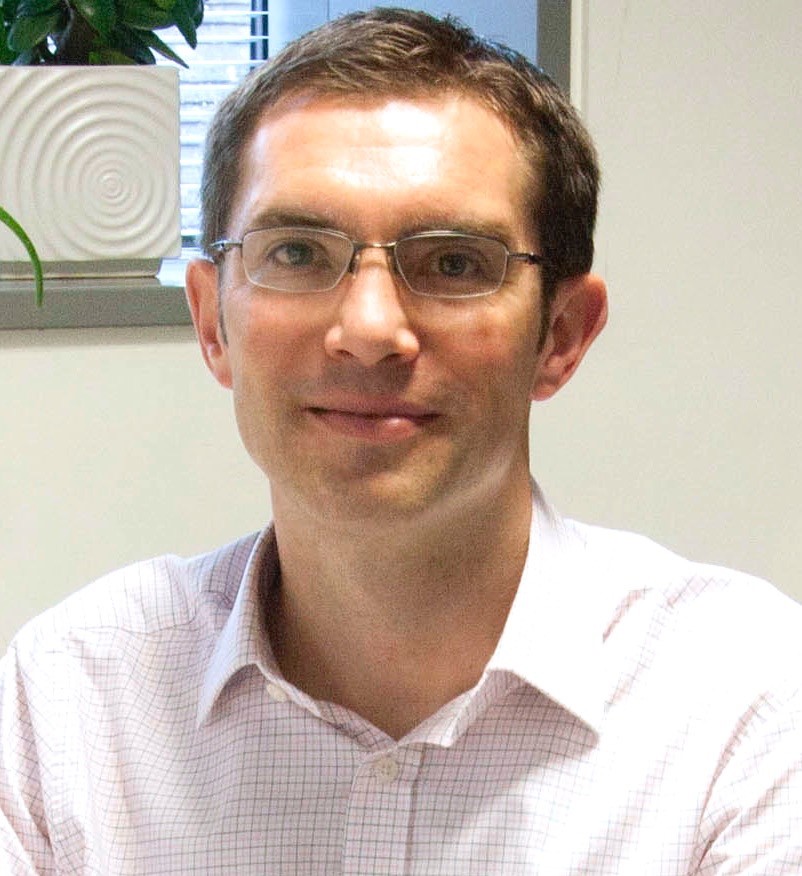
- Coupling reactions – palladium catalysis, copper catalysis
- Sulfur dioxide and carbon monoxide in catalysis
- Rhodium catalysed C-C bond formation
- Hydroacylation
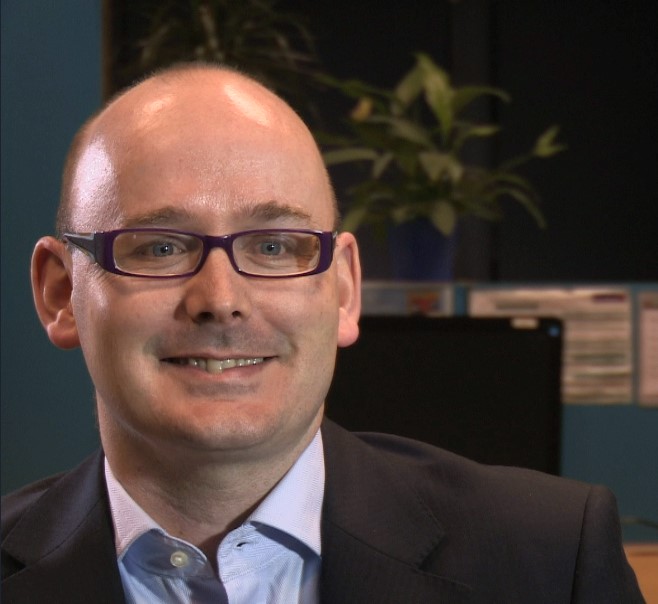
- Consulting and training in Design of Experiments (DoE)
- Principal component analysis (PCA)
- Process development
- Homogeneous and heterogeneous catalysis
- Metal removal and metal recovery
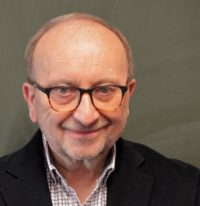
- Legal services including patent litigation with synthetic backup
- Identification and synthesis of pharmaceutical and agrochemical impurities
- Alkaloid chemistry and synthesis
- Photochemistry
- Innovative heterocyclic chemistry
- Transition metal mediated cascade sequences and cyclisations
- Route design for multi step synthesis
Philip J. Parsons started his independent research career at the University of Southampton in 1979, after completing Post-Doctoral studies with Professor G Stork at Columbia University. While at the University of Southampton, he co-founded Cookson Chemicals Ltd., now Tocris Bioscience a brand of Bio-Techne, which won the Queen’s Award for Industry for International Trade in 2002. In 1990, he was appointed Professor and Head of Organic Chemistry at the University of Reading. He later moved to the University of Sussex in 1995 where he was appointed Dean of the School of Chemistry, Physics, and Environmental Science. Recently, he was appointed Professor and Senior Reseach Investigator and now Professor at Imperial College London; he has recently founded Pareon Chemicals Ltd.
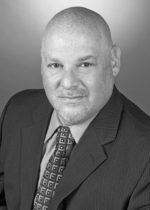
- Chemical development
- Vendor selection, engagement and management
- Problem solving
- Assistance with Strategy and Management of Drug Development Programs
- Technical and Regulatory Documentation
- Regulatory/QA
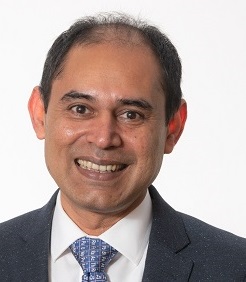
- Helping you connect the dots in pharmaceutical chemical development; from concept to commercial
- Preclinical: Phase appropriate route scouting, solid form selection, crystallisation, salt screening, safety and initial scale-up.
- Clinical: Selection of starting materials, equipment selection. Process design and safety, including crystallisations and specifications based on QbD principles.
- Commercial: Tech transfers, Process validation, supplier qualification and regulatory filings.
- Supply Chain: Sourcing and qualifying supplier of raw materials and intermediates. Contract Research (CRO) and CDMO partners. Equipment and Technology suppliers.
- Regulatory: Preparations of dossiers for various regulatory authorities e.g. IND, NDA, DMF, ASMF. Nitrosamine risk assessments.
- Chemical technology development: Understand, Solve, Develop, Launch.
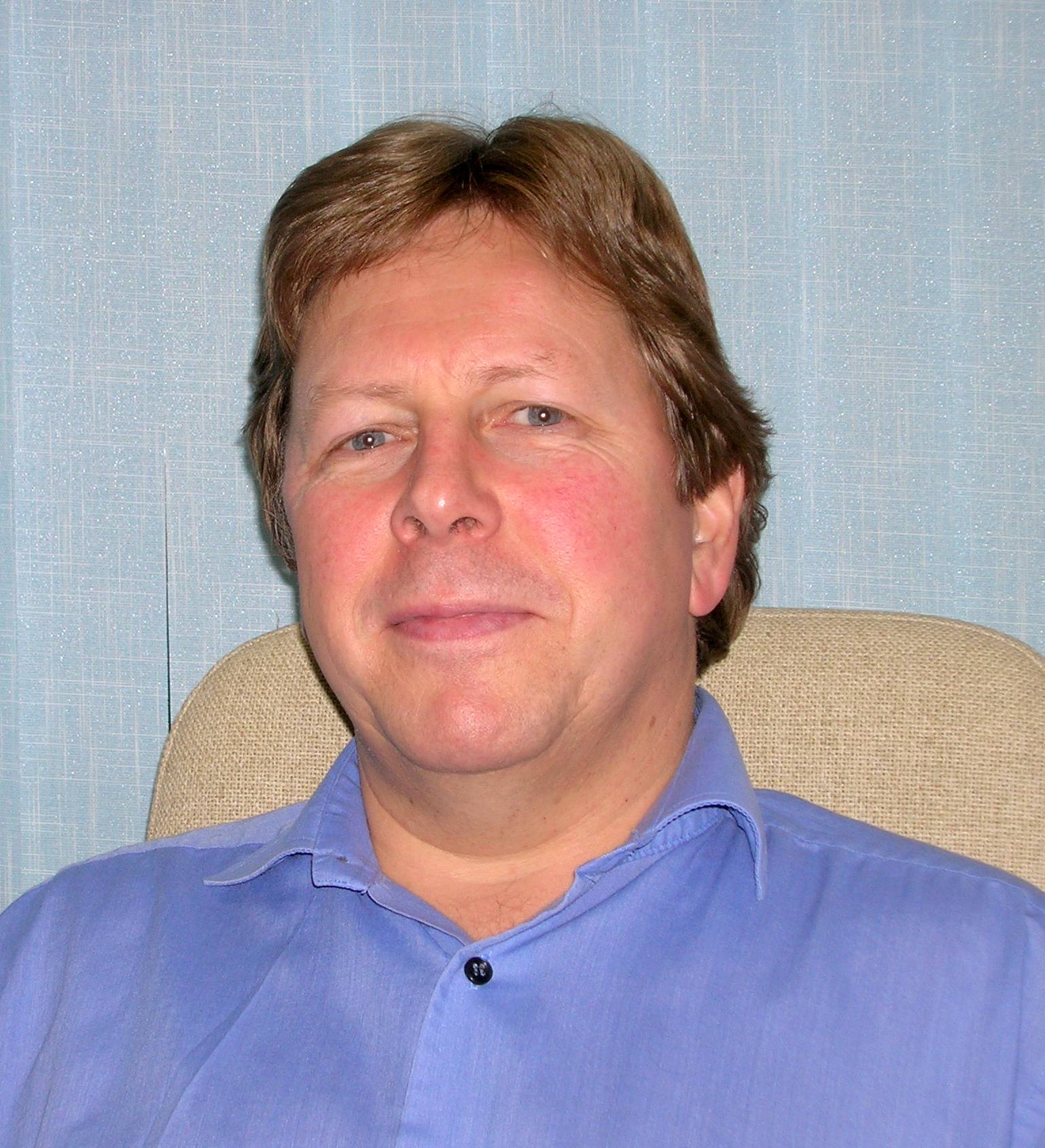
- Process development
- Scale up
- Crystallisation
- Green chemistry
- Thermal hazards
- Synthetic route selection



